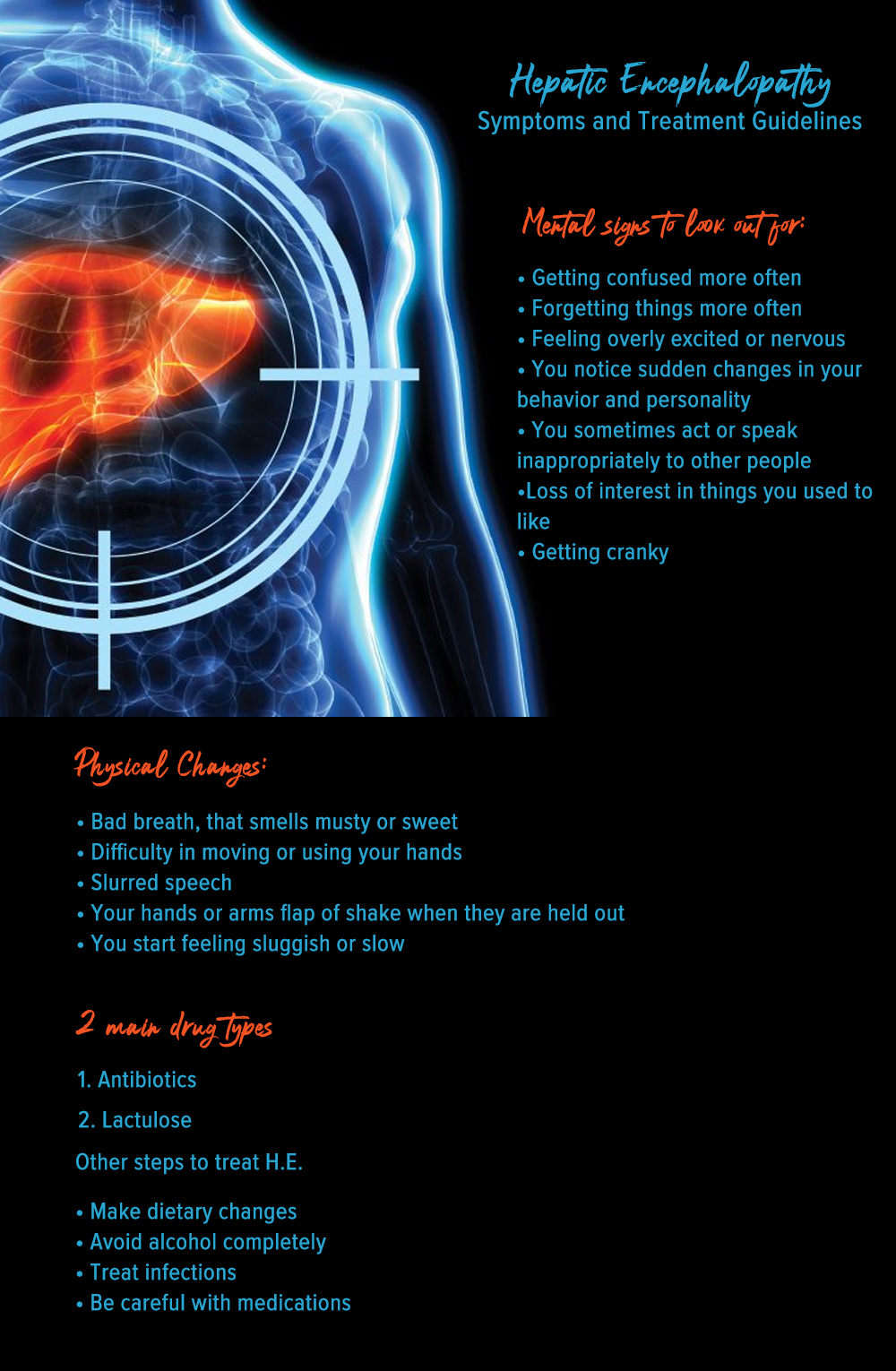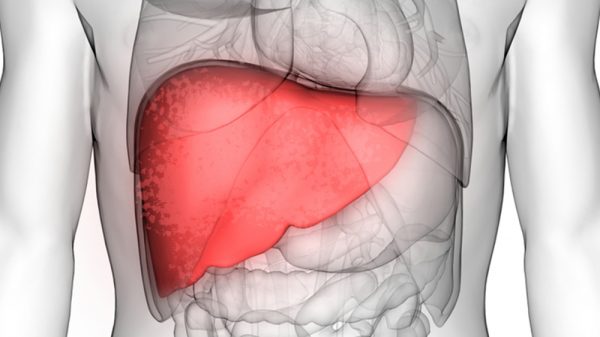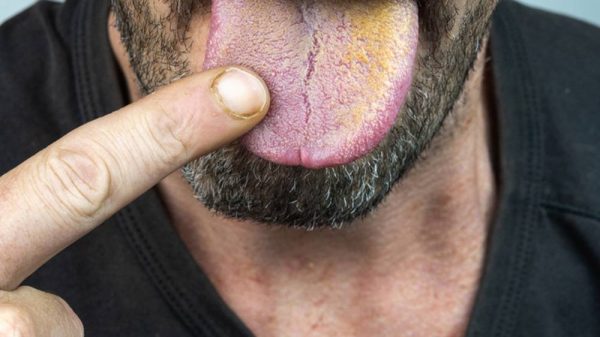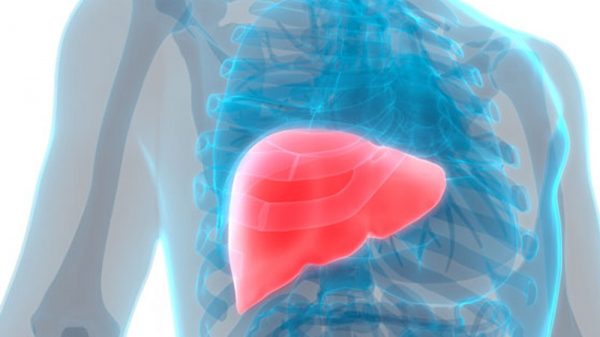If you have been dealing with liver disease and some of its complications for some time, you know that it is a condition that evolves. New symptoms, as well as complications usually show up as the disease progresses. At a point, you may begin to notice a change in your feelings and actions. It could be that you suddenly became more forgetful, or you experience confusion while in a conversation. People around you may even say that your speech is slurred. All these changes in behavior and actions are signs of hepatic encephalopathy (H.E). When a liver disease advances to a point, it may begin to have effects on your brain health too. Hepatic Encephalopathy: how to treat it?This article will tell you the symptoms of this complication, as well as its treatment guidelines.
HE does not only cause behavioral changes, but it can also cause impairment of motion. You may feel somewhat sluggish or become unable to move your hands as well as you should. It may even lead to bad breath. All these may occur due to an accumulation of toxins in your brain. Remember that your liver is very vital for detoxification. So when it no longer functions properly, there may be a back-up of toxins in your brain. This causes H.E and can affect lots of things, such as mood, sleep, speech, and behavior. It can also affect your movement. The treatment regimen for H.E usually targets keeping the condition under control so that it will not get worse.
What Are The Symptoms of Hepatic Encephalopathy?
H.E can affect people in various ways. Two people with H.E may not have the same symptoms.
For some people, the symptoms are mild and are not consistent. However, in some others, the effect starts slowly but gradually gets worse over time. And in a few cases, the symptoms may just hit hard in one fell swoop.
If you have liver disease, you should be on the lookout for the following mental signs:
- Getting confused more often
- Forgetting things more often
- Feeling overly excited or nervous
- You notice sudden changes in your behavior and personality
- You sometimes act or speak inappropriately to other people
- Loss of interest in things you used to like
- Getting cranky
But then, it’s not so easy to notice these changes. If your behavior changes, every other person would most likely notice it before you come to realize it. As such, if you have any chronic liver condition, talk to your friends and family to watch out for behavioral or personality shifts.
However, you must allow them to be honest and candid with you about their observations. Also, do not throw away their observations. Take them seriously, especially when more than one person is saying the same thing.
The one you can easily take note of by yourself is how your sleep patterns may change. You may unusually begin to stay awake late into the night and feel sleepy during the day.
A few physical changes may also creep in. They are as follows:
- Bad breath, that smells musty or sweet
- Difficulty in moving or using your hands
- Slurred speech
- Your hands or arms flap of shake when they are held out
- You start feeling sluggish or slow
Again, people around you may notice these changes way before you do. If your friends and family have told you that they noticed any of these symptoms, you should see your doctor for proper evaluation.
If you start treating the condition on time, it has a good outlook. But if you delay treatment, it may be a fatal condition.
Treatment Guidelines for Hepatic Encephalopathy
There are quite a few choices when it comes to treating H.E. The best choice for you would depend largely on your exact condition.
If the symptoms are not consistent, your doctor would want to find out the possible triggers for symptom flare-ups. He has to take this into account in deciding your treatment regimen.
Other factors that determine your treatment regimen include the following:
- The severity of your condition. How advanced is it?
- What are the symptoms you feel
- How advanced is the underlying liver disease itself?
- Your age and overall health status
With all of these, it is clear that H.E is not a condition that you should manage by yourself. You should get proper medical care.
There are two main drug types used in reducing toxins from the body. Your doctor can prescribe either of these two for you:
- Antibiotics: These drugs would help curb any bacteria that may create toxins in your body. Examples include neomycin and rifaximin, among many others.
- Lactulose: This is a sugar type that triggers frequent bowel movements. This, in turn, helps your body to eliminate some toxins that can trigger the symptoms of H.E
Aside from these two drug types, you may also need to take a few other steps to treat H.E. These steps would help improve or control your symptoms, as the case may be. They are as follows:
- Make dietary changes. If you love eating meat, then your body would be making lots of ammonia, which is toxic.
- Reduce your meat consumption to bring down your ammonia levels. But then, if you are doing this, you must get adequate protein from some other sources.
- Veggies and dairy are great choices.
- You should also reduce the size of your place. This may mean eating small rations more frequently instead of eating three big meals daily.
- Avoid alcohol completely. Don’t even take a sip. Cut it out completely.
- Treat infections. Antibiotics will take care of this
- Be careful with medications. Only take medications after you talk with your doctor about it.
Conclusion
Hepatic encephalopathy treatment would prevent your H.E from becoming worse. However, you do not have to go to the hospital each time you experience symptoms. You could get help from a caregiver. You may also need strong emotional support from your friends and family. But overall, the outlook is usually great if you start treatment on time.
























